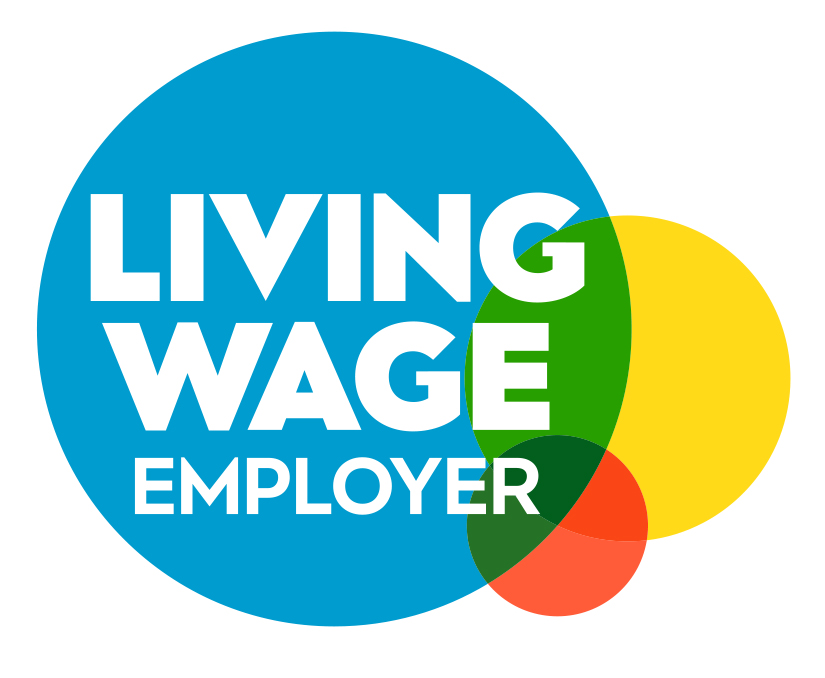
Monitoring Sexual Orientation and Trans Status
It’s really important to get it right, when you’re monitoring sexual orientation and trans status. We’ve got plenty of guidance on how you can do this appropriately and inclusively.

Put simply, sexual orientation and trans status monitoring is asking people about their sexual orientation, trans status and gender identity and recording this information. This can be for a variety of reasons, but, in all cases, it needs to be done with sensitivity and compassion.
When monitoring sexual orientation and trans status, it is important to ask questions in the right way so that communities understand how to answer in a way that ensures accurate and robust data is collected. When done appropriately, monitoring can demonstrate that services are culturally competent and can help LGBTQ+ people feel included.
GUIDE: IF WE’RE NOT COUNTED, WE DON’T COUNT!
LGBT Foundation and NHS England have launched a good practice guide to provide support for services to implement effective sexual orientation and trans status monitoring.
If We’re Not Counted, We Don’t Count contains updated guidance, tips, and case studies, and explains how monitoring plays an instrumental role in identifying and addressing inequalities. It also explains how monitoring is not a stand-alone step; it is only useful if the findings are used to better support LGBTQ+ patients and to underpin strategies to address LGBTQ+ health inequalities. This guide explains how to use the information collected through monitoring to improve services.
WHY IS SEXUAL ORIENTATION AND TRANS STATUS MONITORING IMPORTANT?
LGBTQ+ communities are likelier to face higher rates of health and social inequalities, as well as greater discrimination and marginalisation.
All research and services should be taking proactive steps to improve LGBTQ+ experiences. Monitoring sexual orientation and trans status is essential to understand the specific needs of LGBTQ+ communities and recognise the ways in which their experiences need to be improved.

SEXUAL ORIENTATION MONITORING
LGBT Foundation worked with NHS England and other stakeholders to make sure that healthcare services collect information on patient’s sexual orientation. The Sexual Orientation Monitoring Information Standard (SCCI2094) was published in October 2017 by NHS Digital and NHS England, to provide a consistent mechanism for recording the sexual orientation of all patients aged 16 years or over across all health services in England.
The Information Standard was commissioned by NHS England and developed by LGBT Foundation working with NHS Digital, the Department of Health, Public Health England and a cross-system group with representation from leaders across health and social care as well as organisations representing the workforce.

TRANS STATUS MONITORING
There is currently no national trans status monitoring information standard, although there is ongoing work to develop a standardised approach and to update IT systems so that trans status can be properly recorded. However, this should not hold services back; there are ways to effectively monitor without an information standard.
Trans status monitoring is becoming more prominent and LGBT organisations such as LGBT Foundation and Brighton and Hove Switchboard have supported services to implement trans status monitoring effectively.
Services which have implemented trans status monitoring usually gain consent from the individual to place a note on their medical record to say that they are trans and/or to say that their gender identity is something other than male or female.
A 2017 primary care patient experience survey conducted by LGBT Foundation found that LGBT people who shared their sexual orientation with their GP were 21.4% more likely to feel their GP met their health needs than those who did not. Trans people who shared their trans status with their GP were 62.1% more likely to feel their GP met their health needs than those who did not.








